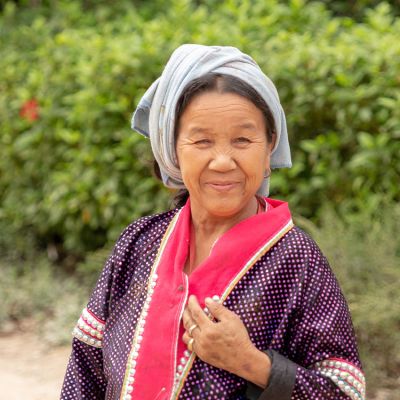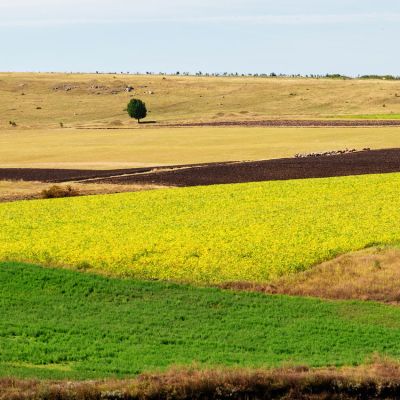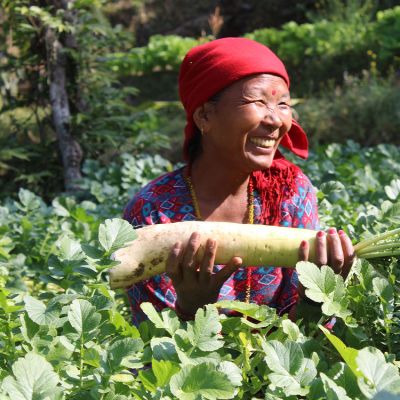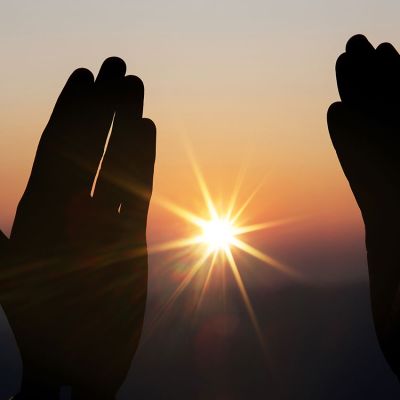Written by Clara Chiu (Head of Partnership Development)
According to the United Nations, ‘poverty entails more than the lack of income and productive resources to ensure sustainable livelihoods. Its manifestations include hunger and malnutrition, limited access to education and other basic services, social discrimination and exclusion, as well as the lack of participation in decision-making.’ It turns out that poverty is not just the ‘lack of money’, but also ‘lacking’ in many other aspects: income, resources, power, opportunity and respect.
Let us share a project in Nepal which witnesses how CEDAR transformed poor communities who face multiple ‘lacks’.
Since 2017, CEDAR has partnered with the local organisation Share and Care Napel (SCN) to carry out a project called ‘Project Hope’ in Makwanpur District, adopting a comprehensive community transformation approach: enhancing villagers’ capabilities and empowering communities, developing livelihood projects, promoting gender equality, empowering women, youth and children.
Over the years, we have been walking alongside these villagers to understand their needs; we encouraged them to form self-help groups, learning and sharing their life experiences, making savings; we have taught them skills in farming and keeping livestock to diversify their productions, thus stabilising their income. We have educated them about individual rights and gender equality, allowing them to understand their own rights; we also encouraged the women to participate in decision-making on village affairs and build the community alongside regional leaders. Thanks be to the Lord! The overall living standard of these villagers has improved. Earlier, we invited a third-party evaluator to conduct an external review of this project, and its report revealed gratifying results (following is a summary of two findings):
The beneficiary families profited from breeding poultry and diversified into other livestock and crops; food supply, diet types and income levels have all improved. – Tallo Pakani is a woman who received livelihood assistance. With help from the self-help group’s income-generating activities, she made some profits by keeping chickens; with that, she bought three goats, and their number increased to five after six months. Later, she became seriously ill while giving birth and had to go to Kathmandu for medical treatment immediately. Fortunately, her family could sell the goats so that she could pay for the treatment. After recovery, she continued to keep goats. She shared, ‘Because of that support I got treatment. Otherwise, we did not have spent any money to save my life.’
The beneficiary families profited from breeding poultry and diversified into other livestock and crops; food supply, diet types and income levels have all improved. – Tallo Pakani is a woman who received livelihood assistance. With help from the self-help group’s income-generating activities, she made some profits by keeping chickens; with that, she bought three goats, and their number increased to five after six months. Later, she became seriously ill while giving birth and had to go to Kathmandu for medical treatment immediately. Fortunately, her family could sell the goats so that she could pay for the treatment. After recovery, she continued to keep goats. She shared,
Because of that support I got treatment. Otherwise, we did not have spent any money to save my life.
The youth and girls groups published quarterly reports, they organised extracurricular activities in schools and public places to fight against human trafficking, child marriage and domestic violence, raising the villagers’ awareness of human trafficking and gender-based violence. – BarDanda, the in-charge of Police Post, shared, ‘I am well informed that the women groups are actively involved in awareness raising against gender-based violence, early marriage and also polygamy. The police post is interested to conduct orientation/ training to raise awareness against such issue, if the WAGs (women action groups) contact us.’
The youth and girls groups published quarterly reports, they organised extracurricular activities in schools and public places to fight against human trafficking, child marriage and domestic violence, raising the villagers’ awareness of human trafficking and gender-based violence. – BarDanda, the in-charge of Police Post, shared,
I am well informed that the women groups are actively involved in awareness raising against gender-based violence, early marriage and also polygamy. The police post is interested to conduct orientation/ training to raise awareness against such issue, if the WAGs (women action groups) contact us.
Project Hope has reached its goals, they have not only made up for the villagers’ insufficiencies but also empowered them to become self-reliant. Therefore, with a thanksgiving heart, the staff members of CEDAR have decided to joyfully end our partnership with SCN. We aim to put our resources into other villages, allowing more villagers to experience the joy of their lives being transformed.
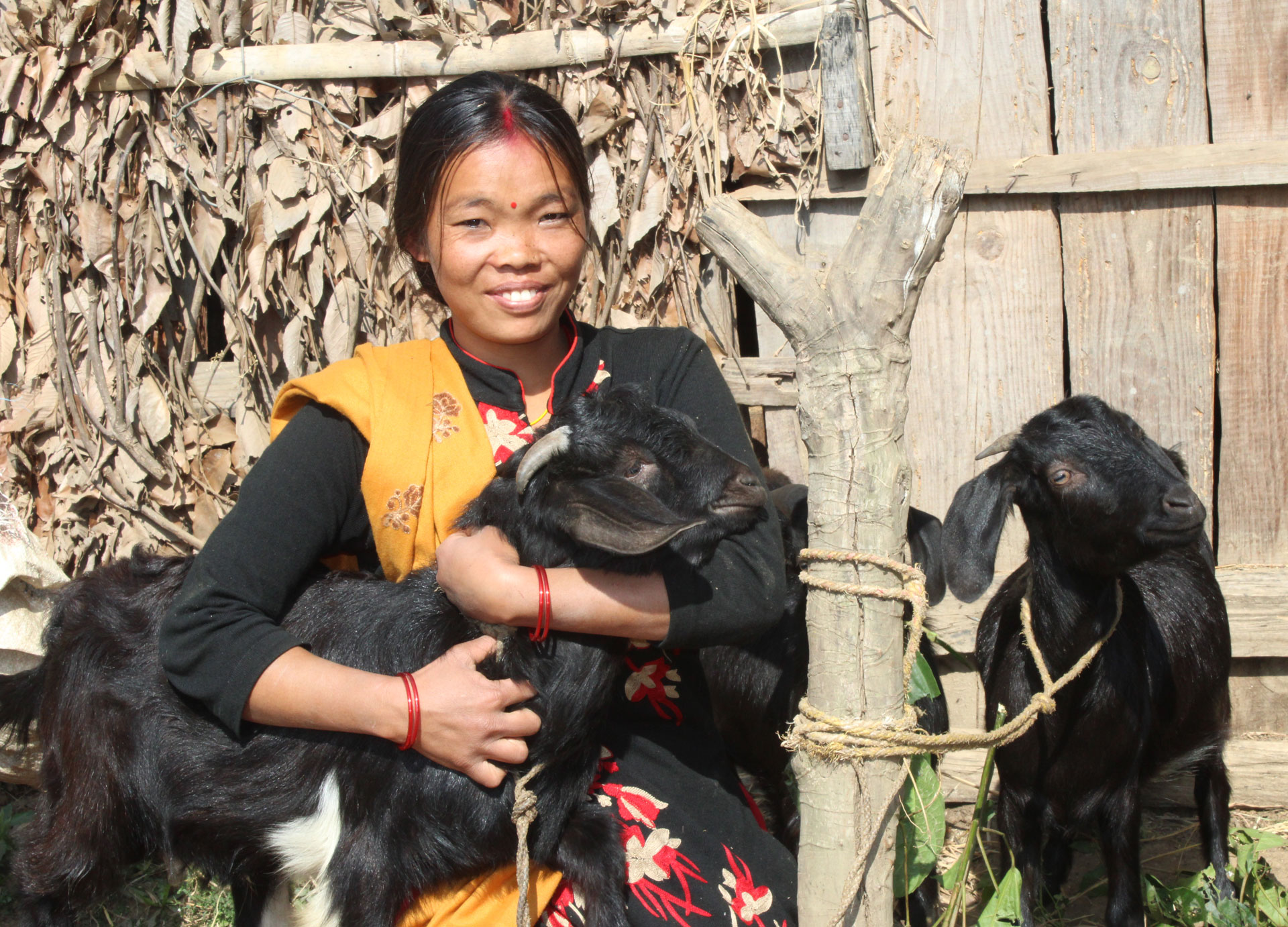
ARTICLES OF THIS ISSUE
Written by Winnie Fung (Chief Executive) If you ask a real estate agent the three most important factors for buying a …
Written by Janice Cheng (Pastor) Scriptures reading: Leviticus 19:9-10 9 When you reap the harvest of your land, do n…
Written by Clara Chiu (Head of Partnership Development) According to the United Nations, ‘poverty entails more t…
Written by Dustin Tang (Donor Services Officer) As of September 2024, I have served in CEDAR Fund for ten years. Looki…



